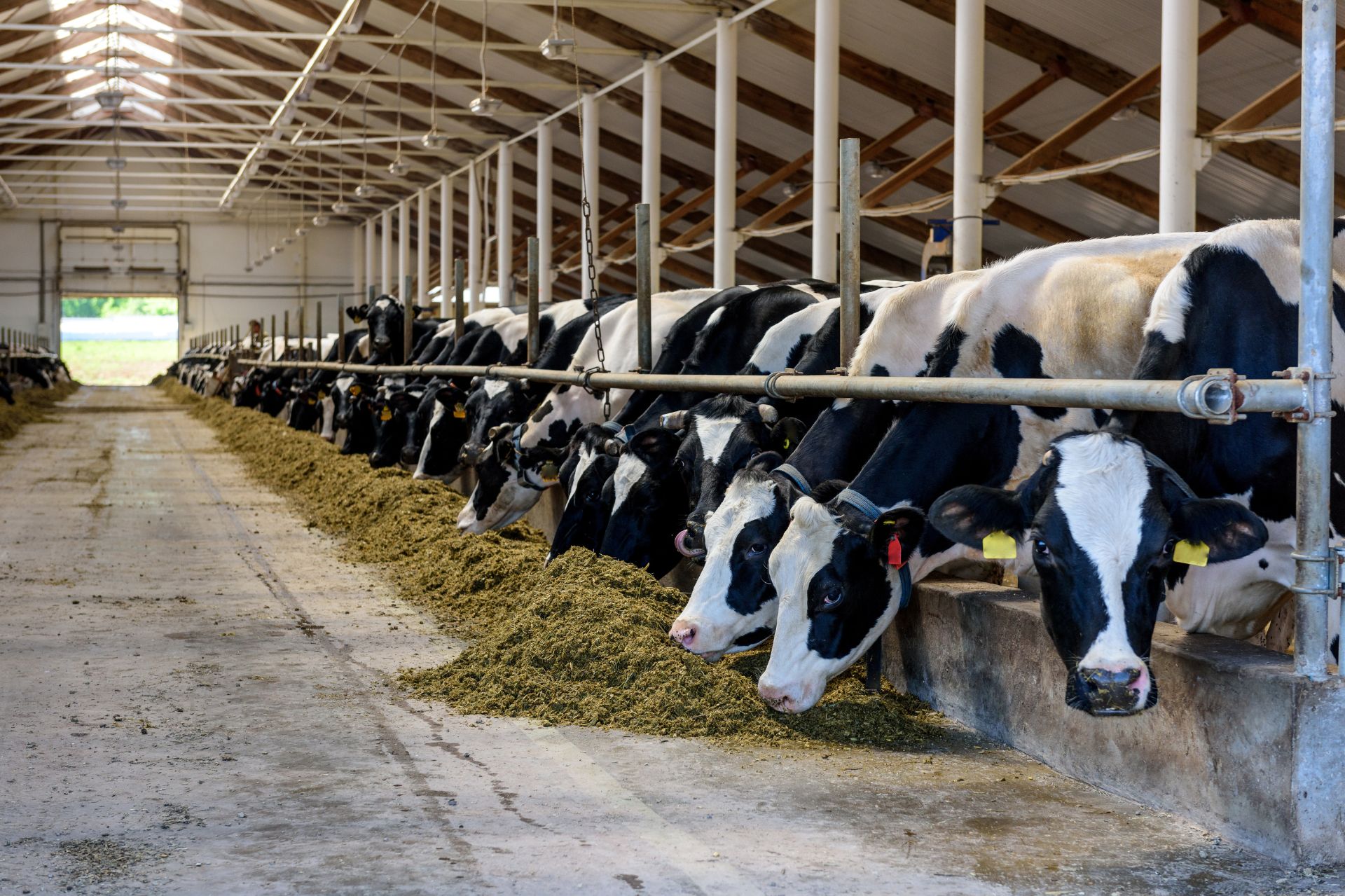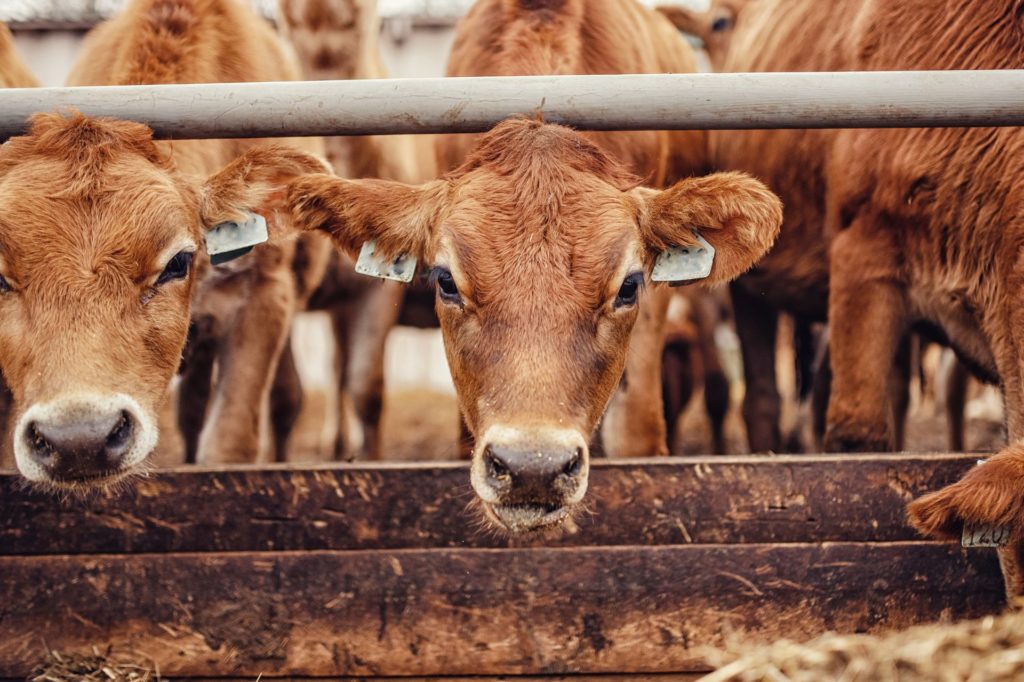
Feedlots, or concentrated animal feeding operations (CAFOs), play a significant role in the livestock industry. They are specialized facilities where animals are fed and raised to produce high-quality meat products efficiently. This article delves into feedlot production jobs, exploring the roles and responsibilities that make these operations successful.
1. Feedlot Manager
Role: The feedlot manager oversees the day-to-day operations of the feedlot. They manage staff, animal health, and facility maintenance to ensure the efficient production of meat.
Key Responsibilities:
- Managing feedlot staff.
- Monitoring animal health and nutrition.
- Facility maintenance and safety.
- Record-keeping and data analysis.
- Implementing animal welfare practices.
2. Animal Nutritionist
Role: Animal nutritionists work closely with feedlot operators to design balanced diets for livestock. They ensure that animals receive the proper nutrition for growth and health.
Key Responsibilities:
- Formulating and adjusting animal diets.
- Analyzing feed quality.
- Monitoring animal weight and growth.
- Advising on feed additives and supplements.
- Collaborating with veterinarians for animal health.
3. Pen Rider
Role: Pen riders are responsible for the daily care and health of animals in the feedlot pens. They ride through the pens, identifying and treating sick animals.
Key Responsibilities:
- Observing animal behavior and health.
- Administering medication and treatments.
- Sorting and moving animals as needed.
- Ensuring clean and safe pens.
- Reporting health issues to the manager.
4. Feed Mill Operator
Role: Feed mill operators manage the feed preparation process. They ensure the proper feed rations are created and delivered to the pens.
Key Responsibilities:
- Operating and maintaining feed mill equipment.
- Preparing feed rations according to specifications.
- Ensuring consistent feed quality.
- Managing inventory of feed ingredients.
- Collaborating with nutritionists for feed formulation.
5. Veterinarian
Role: Veterinarians specializing in feedlot production provide essential healthcare to livestock. They diagnose and treat illnesses, implement vaccination programs, and ensure animal well-being.
Key Responsibilities:
- Conducting health assessments.
- Administering vaccinations and medications.
- Performing surgeries if necessary.
- Collaborating with pen riders and nutritionists.
- Disease prevention and biosecurity.
6. Environmental Compliance Specialist
Role: Ensuring compliance with environmental regulations is crucial in feedlot operations. Environmental compliance specialists work to minimize feedlots’ ecological impact.
Key Responsibilities:
- Monitoring and managing waste disposal.
- Implementing best environmental practices.
- Compliance with air and water quality regulations.
- Educating staff on environmental policies.
- Reporting to regulatory agencies.

Feedlot production jobs are vital to efficiently and sustainably meet the demand for meat products. These roles, from managers to nutritionists and veterinarians, collaborate to ensure the health and well-being of livestock and the quality of the meat produced. If you’re passionate about animal agriculture and interested in contributing to the meat industry, consider a career in feedlot production, where your efforts help feed communities and support responsible livestock farming practices.
